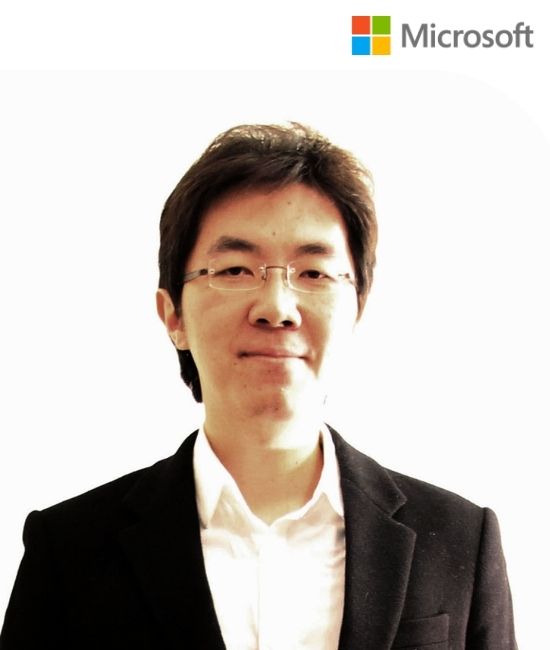02:15 PM - 02:40 PM
Description
FXG (tech side) and Hope for Haiti (non-profit side) created a VR app for social impact in Haiti. We have replicated a Haitian school with interactive elements . The experiential app is modeled off one of Hope for Haiti's partner schools in rural Haiti, along with a recreated landscape and environment. Users can explore the three room school, interact with different elements such as a well, chalkboard, flag pole, and other exploratory features. The space is designed to not only provide an engaging and hands-on experience, but also to give users an alternative (and more positive) perception of Haiti, by building an emotional connection to the environment, through the immersive powers of virtual reality technology. There is a dedicated classroom that contains multimedia elements to highlight the work of Hope for Haiti in the community through video, photos, audio, and engaging vignettes. An event was curated inside of the space, alongside an online, NFT auction, featuring donated artworks by various artists and public features, with the goal of raising 50k USD to provide 7,000 children across Haiti with the resources, supplies, and clean water that they need in order to have a successful school year.
Speakers


Related Sessions
10:00 AM - 10:25 AM
Description
It is inevitable that augmented reality will change the way we explore and interact with our world and although the field will continue to evolve, now is the time to get in, explore, and shape how you want to see it. Storytellers are defining what AR looks like today, and forging what the future will look like.
Speakers
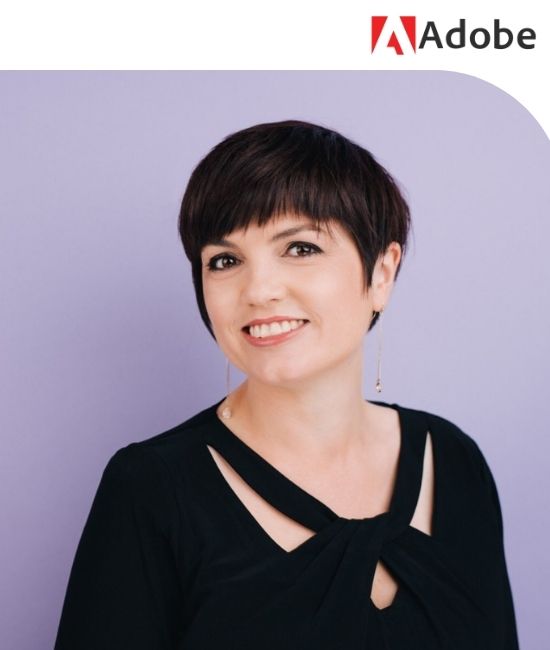
10:30 AM - 10:55 AM
Description
The "old web" of information, centered on 2D static content with HTML/CSS as the dominant paradigm, is based on web technologies that are decades old now, and is poorly equipped to serve the needs of AR/VR and spatial computing. Currently, a number of exciting new open source initiatives are coming together to create a new open spatial paradigm for the web, with grammars of interaction suitable for blending the virtual with the real and supporting AI and ML safely and wisely, to create a web of perception and shared context. This talk will look at the philosophy, technologies, innovations and innovators, working on this critical mission for spatial computing.
Speakers
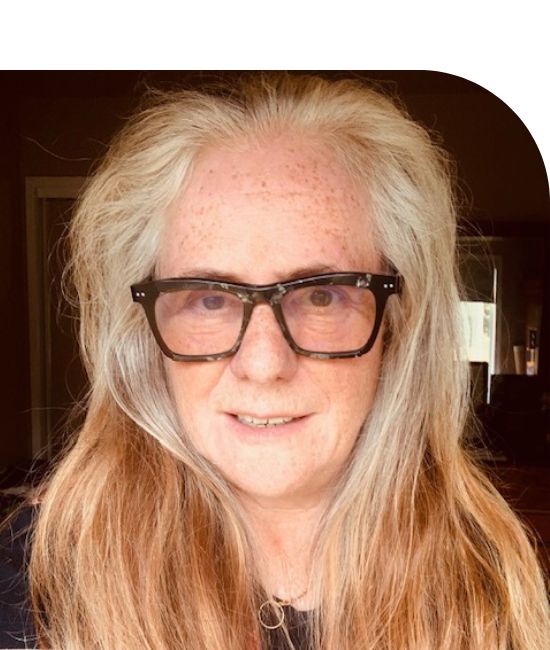
11:20 AM - 12:15 PM
Description
As we know, there has been a lot of recent chatter, while many may even call it “hype”, over the concept of the ‘Metaverse’.
As with most emerging technologies, the biggest challenge is navigating through all this hype, filtering through the rogue companies and individuals that may seek to exploit others in the early stages, and identifying viable business models that could appropriately be built upon these technologies and become sustainable.
Join us as we curated a group of technologists and entrepreneurs who have discovered early success with investors, earnings, and both community and public support in their companies that will hopefully serve as foundational models that will further contribute to the advancement of the Metaverse.
Speakers




01:45 PM - 02:10 PM
Description
In this talk the founders of AR House Lucas Rizzotto & Aidan Wolf talk about how they started the largest AR Creator House in the world with a tweet, how it almost all went to hell and why these kinds of communities may be the strongest weapon we have against the rise of an AR dystopia.
Speakers
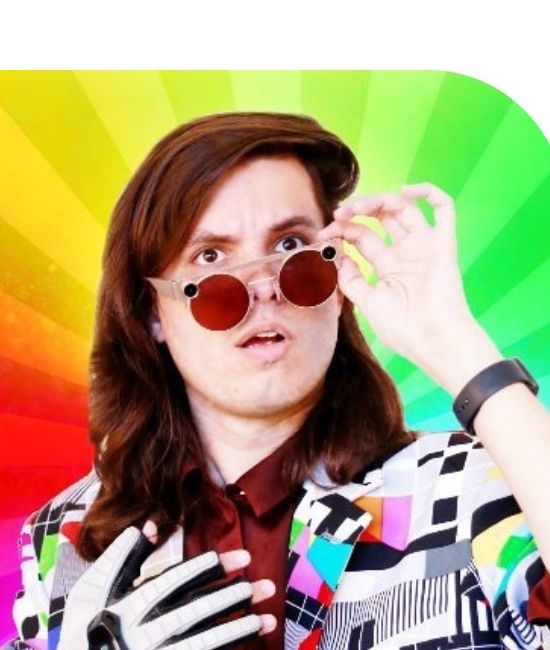
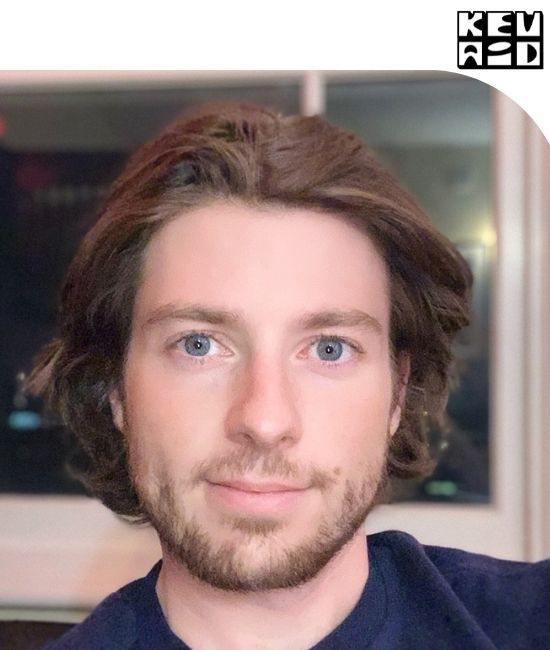
02:15 PM - 02:40 PM
Description
Learn how MRTK Figma Toolkit can help your UX design process for Mixed Reality. With MRTK Figma Toolkit, you can use 2D versions of the HoloLens 2 style UI components for creating UI layouts and storyboards. Figma Toolkit's Unity plugin can import the Figma file and recreate corresponding MRTK components in Unity. This will save a lot of time and effort for designer-developer collaboration.
Speakers
